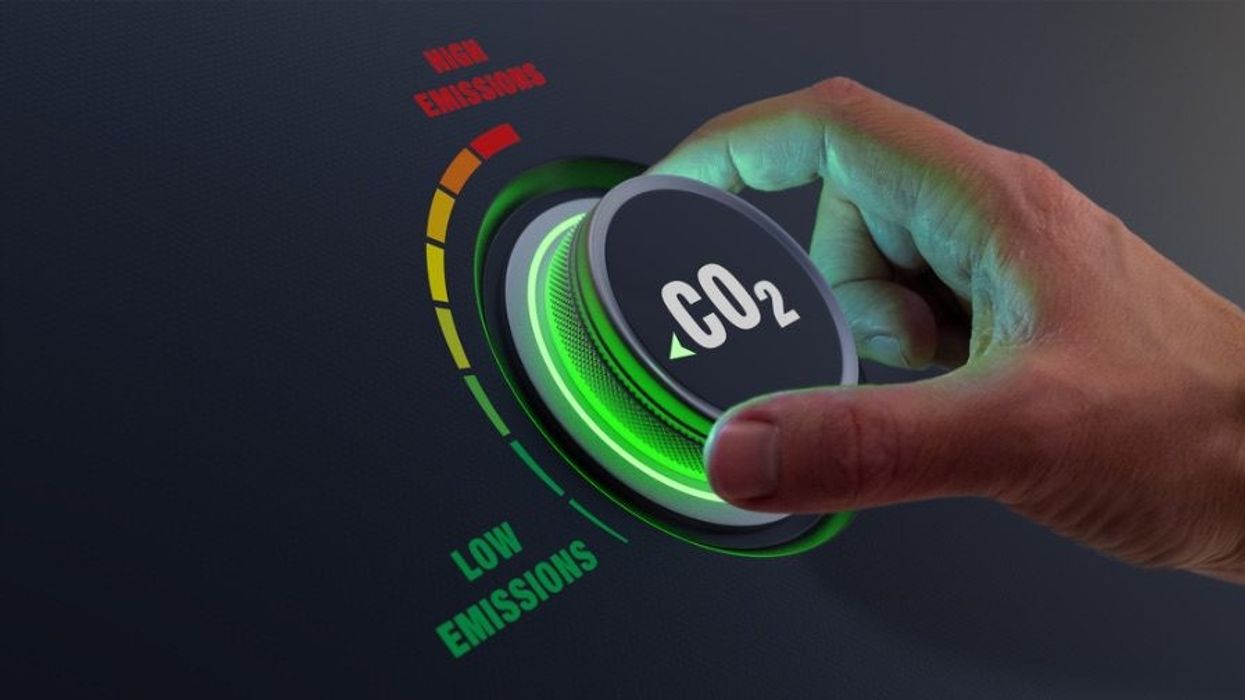Some of the world’s top CEOs have made a pledge to reduce buildings-related emissions by at least 50% by 2030 and be fully net-zero carbon no later than 2050.
At yesterday’s World Economic Forum Annual Meeting, the leaders highlighted how real estate is one of the biggest sources of global greenhouse gas emissions, however, it is often overlooked in wider decarbonization strategies.
But, with buildings contributing 38% of all energy-related greenhouse gas emissions, leaders across all industries have a critical role to play in lowering their global real estate emissions as well look to the future.
“While real estate represents nearly 40% of all energy-related GHG emissions, the sector is frequently an afterthought when it comes to an organization’s decarbonization and sustainability strategies,” said Matthew Blake, Head of Financial and Monetary Systems, World Economic Forum. “Leaders across all industries have a responsibility to take action on their real estate GHG emissions to ensure progress in the fight against climate change.”
The following companies have pledged to halve their buildings-related emissions by 2030 and reach net-zero building emissions by 2050: Avison Young, Edge, GPFI Group, Ivanhoé Cambridge, JLL, Majid Al Futtaim Properties, Schneider Electric, and Signify.
These firms will meet these targets by implementing the Forum’s Green Buildings Principles. Released last year, the Green Building Principles: The Action Plan for Net-Zero Carbon Buildings. These principles provide a clear sequence of steps to deliver net-zero carbon real estate portfolios:
1. Calculate a robust carbon footprint of your portfolio in the most recent representative year to inform targets.
2. Set a target year for achieving net-zero carbon, by 2050 at the latest, and an interim target for reducing at least 50% of these emissions by 2030.
3. Measure and record embodied carbon of new developments and major refurbishments.
4. Maximize emissions reductions for all new developments and major refurbishments in the pipeline to ensure delivery of net-zero carbon (operational and embodied) by selected final target year.
5. Drive energy optimization across both existing assets and new developments.
6. Maximize supply of on-site renewable energy.
7. Ensure 100% off-site energy is procured from renewable-backed sources, where available.
8. Engage with stakeholders with whom you have influence in your value chain to reduce scope 3 emissions.
9. Compensate for any residual emissions by purchasing high-quality carbon offsets.
10. Engage with stakeholders to identify joint endeavours and equitably share costs and benefits of interventions.
Developed in collaboration with JLL, the World Green Building Council and the Forum’s Real Estate community, the Green Building Principles can be formally adopted by firms and include an Action Plan detailing implementation.
“It’s imperative that we address real estate related emissions,” said Christian Ulbrich, Global Chief Executive Officer and President, JLL. “Getting started is often the hardest part and the Principles offer a simple set of steps to do so. We believe it is easier to get to net zero in the built environment than for many companies to get to net zero in their core businesses and the business case is there to support action.”
The Action Plan provides globally applicable guidance on best practices to implement the principles for every stakeholder, from owners to occupiers to investors. Signatories will report progress annually as part of their public sustainability reporting and participate in a Practitioners Group to identify solutions around implementation.





















